When Sam Tanenhaus’s monumental biography Buckley was published in June, I began a review by noting that William F. Buckley Jr.’s memory is as ill-served by some of his admirers as it is by his critics. The two have in fact largely converged on a single characterization of National Review’s founder: Buckley as the patron saint of purges, who excommunicated anti-Semites and conspiracists (as one side emphasizes) or antiwar dissenters and populists (as the other sees it) from the conservative movement.
This month marks the centenary of Buckley’s birth – November 24, 1925 – and, perhaps fittingly, began with questions of anti-Semitism and the boundaries of respectable right-wing opinion once more in contention, following an interview Tucker Carlson conducted with the self-confessed Hitler (and Stalin) enthusiast Nicholas Fuentes. Carlson didn’t endorse his guest’s beliefs in group guilt and Jewish wickedness. But the interview was hardly the kind of grilling Buckley had given George Wallace, a champion of segregation, on his show Firing Line in 1968.
The controversy that ensued on the right, not only online but in the pages of the Wall Street Journal, wasn’t just about whether Carlson had crossed the line but whether the conservative movement was in need of stronger gatekeeping of the sort Buckley had once provided. Only there is no William F. Buckley today and, given the fragmented nature of media in the 21st century, there will probably never be one again.
But was there really a Pope Bill even in Buckley’s own lifetime? Tanenhaus notes a twist in the tale of Buckley’s banishment of Robert Welch, the founder of the John Birch Society. Welch was a wealthy right-wing businessman with a penchant for conspiracy theories – he entertained the prospect that Dwight D. Eisenhower was a conscious agent of international communism. As the 1964 presidential election approached, influential supporters of then-senator Barry Goldwater feared the JBS and its leader would be an embarrassment for the Republican. Pat Brown, running for re-election as California governor against Richard Nixon, was already demanding that Nixon disavow the JBS. Brown even had his attorney general investigate the group. Tanenhaus quotes the California AG report’s description of the Birchers as “wealthy businessmen, retired military officers and little old ladies in tennis shoes,” but the group was hyped in the media as an incipient fascist threat.
In December 1961, William J. Baroody Sr., of the American Enterprise Association – now the American Enterprise Institute – summoned a handful of influential conservatives to a meeting at the Breakers resort in Palm Beach to discuss Goldwater’s future and, by the by, the Birch situation. Baroody urged Buckley to denounce Welch, which he agreed to do. And two months later, he did, over the objections of National Review board member Clarence Manion and publisher Bill Rusher.
The twist is that the very next year, Baroody did to Buckley what he had courted Buckley to do to Welch. After a sequel to the Breakers meeting held at the Hay-Adams Hotel in Washington, the New York Times ran an item on the supposedly secret gathering, complete with, in Tanenhaus’s words, an “unflattering photo” of Buckley and a narrative framed to portray Baroody as the savior of Republican respectability from the Buckleyite far right. “The Goldwater-for-President ship has just repelled a boarding party” led by Buckley and his brother-in-law Brent Bozell Jr. (the ghostwriter of Goldwater’s The Conscience of a Conservative), the paper reported – “an item plainly designed, and planted, to make [Buckley] look foolish and even cracked,” Tanenhaus writes. The coverage helped ensure that Buckley and Bozell had no role in the 1964 Goldwater campaign. They’d been purged.
Buckley’s relationships with those he’s remembered as having expelled from the conservative movement, were often more complicated than the image of gatekeeper suggests. He did not, for example, call Pat Buchanan an anti-Semite, though he wrote in his 1991 National Review essay “In Search of Anti-Semitism” that Buchanan’s assertion that only the Israeli defense ministry and its “Amen corner” in Congress supported war with Iraq, and similar remarks, “amounted to anti-Semitism, whatever it was that drove him to say and do it; most probably an iconoclastic temperament.” When Norman Podhoretz and other Buchanan critics insisted this formula really meant Buckley was convicting Buchanan, Buckley replied, “That is not the case. One finds it odd how much… happier some people are to believe that someone is really evil, when there is the alternative, intellectually respectable, of believing instead that that person misbehaved.” This satisfied no one: Buchanan and his accusers both felt betrayed.
The contrast with Baroody’s willingness to play to liberal media fears of the far right is significant. Baroody’s model, not Buckley’s, is the one conservative-movement cancel culture has followed for decades, with opponents of mass migration and foreign wars dismissed as nativists, racists, isolationists and supporters of dictators. Buckley, on the other hand, wrote in the 1992 book version of In Search of Anti-Semitism, “The pro-Nazi movement was no more critical within America First than the Communist movement was critical within the movement to Aid the Allies.” He’d been an America Firster himself. In this freewheeling media environment, conservatives must be their own gatekeepers. If they can’t figure out for themselves why Hitler-lovers should be shunned, we have much bigger problems than the lack of a Buckley, and more Baroodys will not be the solution – they’ll only give the kooks cover by falsely labeling everyone to the right of themselves “far right.”
This article was originally published in The Spectator’s November 24, 2025 World edition.



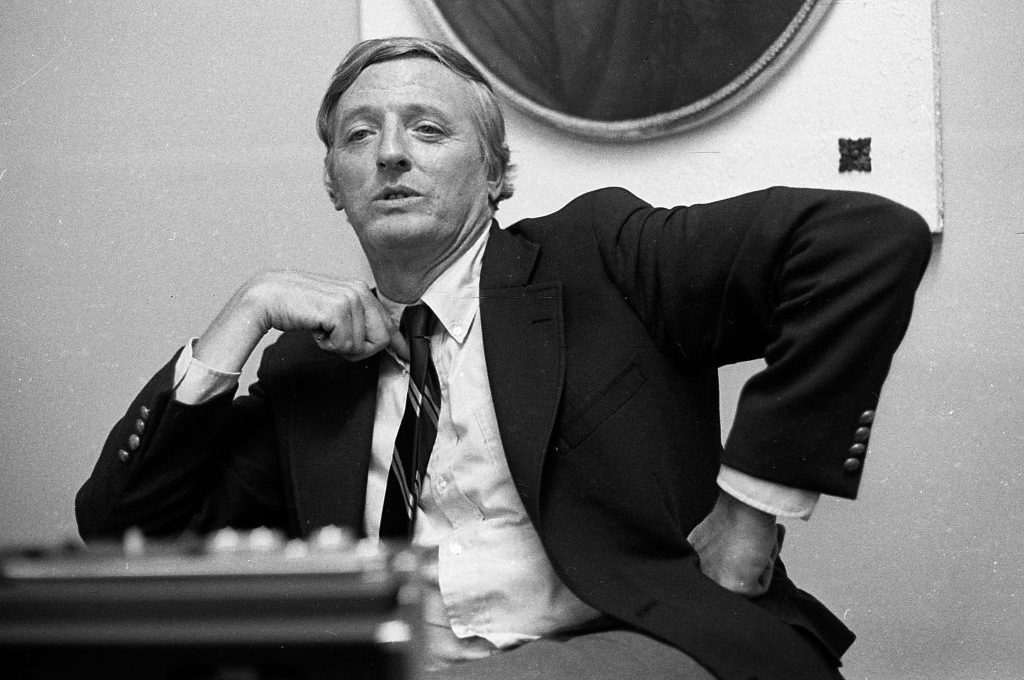






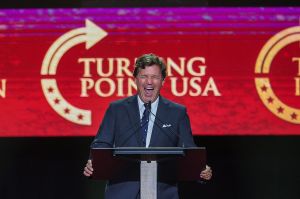
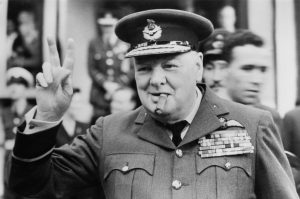
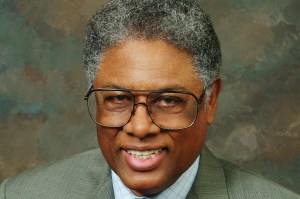

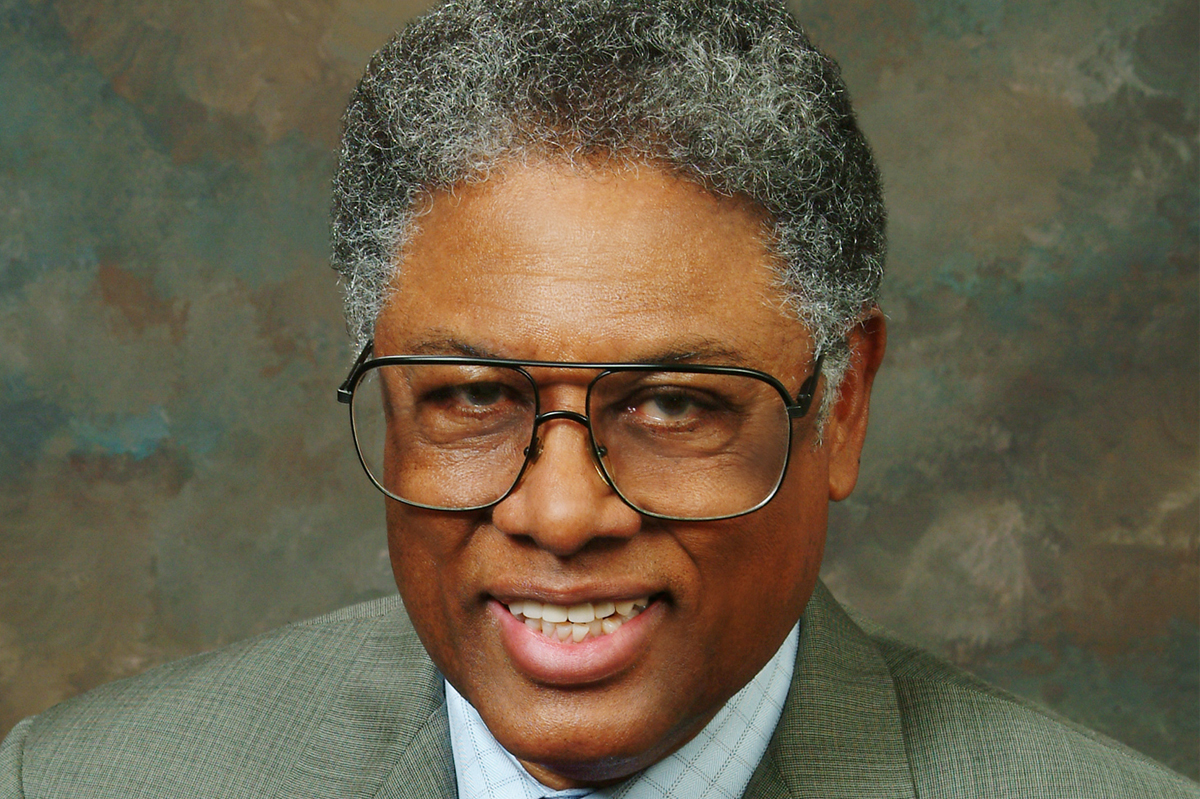
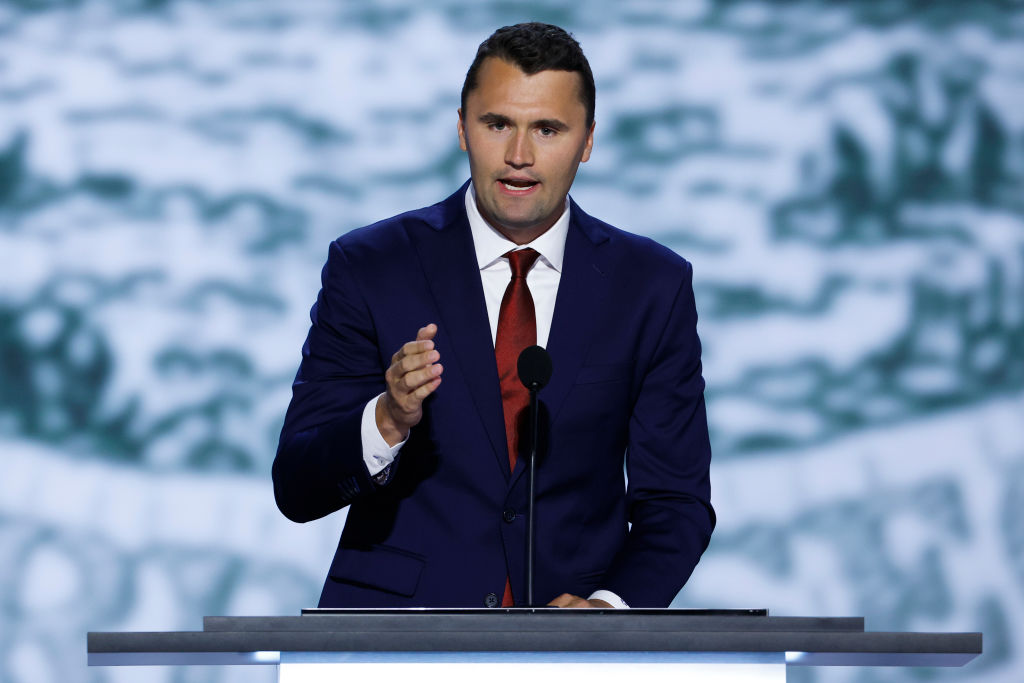










Leave a Reply